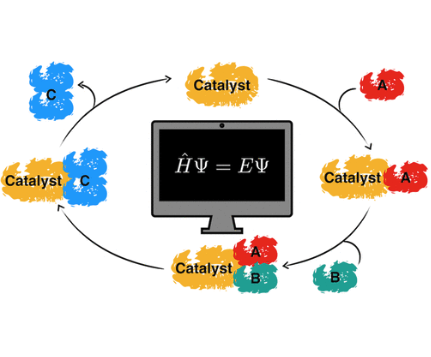Computational methods based on quantum mechanical modeling are increasingly used to provide insight into mechanistic aspects of homogeneous catalysis. While the potential and value of such methods are obvious, it is also clear that it remains challenging to obtain reliable and predictive mechanistic insights from modeling. In this Perspective, we assess the various factors influencing the quality of computational studies. While the type of electronic structure theory methodology used is of course of great importance, we argue that many other aspects can play a large role also. The other factors emphasized here include the treatment of entropic effects, solvation, the choice of the structural model, conformational complexity, the translation of computed relative Gibbs energies into a kinetic model, and the high demands required for the prediction of selectivity.
